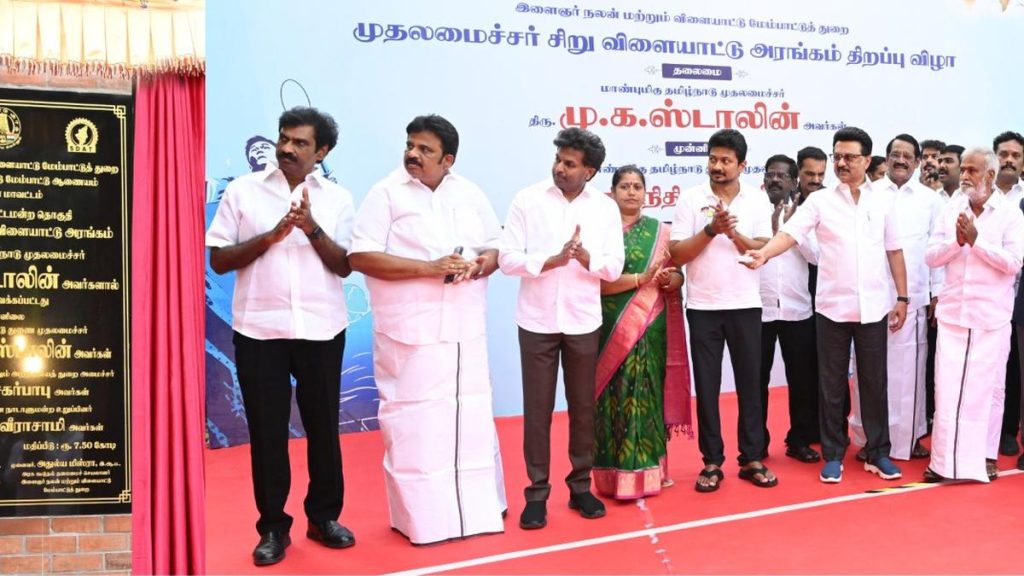Now Reading: Irregular Sleep Patterns Linked to Higher Risk for Heart Failure Patients
-
01
Irregular Sleep Patterns Linked to Higher Risk for Heart Failure Patients
Irregular Sleep Patterns Linked to Higher Risk for Heart Failure Patients

Quick summary:
- A study by Oregon Health & Science University highlights the importance of regular sleep for heart failure recovery.
- Published on August 21 in JACC Advances, the research found that moderately irregular sleep patterns double the risk of adverse clinical events (e.g., hospitalization, ER visits, or death) within six months post-discharge.
- Researchers analyzed 32 patients recovering from heart failure using sleep diaries for one week after hospital discharge between Sept. 2022 and Oct. 2023.
- Results showed:
– Of 21 participants experiencing clinical events, 13 had irregular sleep schedules compared to eight with regular schedules.
– The risk remained high for irregular sleepers even after accounting for medical conditions and sleep disorders.
- Findings suggest maintaining consistent sleep timing could be a low-cost therapeutic approach to mitigate risks in heart failure patients.
Quote: Lead author Brooke Shafer remarked, “Consistency in sleep timing might potentially be especially critically important for adults with heart failure,” emphasizing potential cardiovascular benefits.
Future Steps: Scaling up research to investigate if improved sleep regularity reduces the risk of repeat clinical events.
Indian Opinion Analysis:
This study underscores the growing recognition of lifestyle interventions as critical tools in managing chronic health conditions such as heart failure. While most medical therapies focus on pharmacological or surgical solutions, this research shifts attention toward behavioral factors-specifically how consistent habits impact recovery outcomes.
For india, where cardiovascular diseases are prevalent amidst increasing urbanization and associated lifestyle disruptions (including irregular sleeping patterns), findings like these can pave the way for patient-specific wellness strategies integrated into standard care protocols. Promoting awareness about healthy sleeping habits alongside conventional treatments could offer long-term benefits at a minimal cost-a possibly vital consideration within resource-constrained healthcare settings.
However, more extensive studies are necessary before policy shifts advocating widespread implementation can occur. If scaled globally and replicated across diverse demographics-including Indian populations-the implications could significantly shift recovery frameworks within cardiology care systems.




























